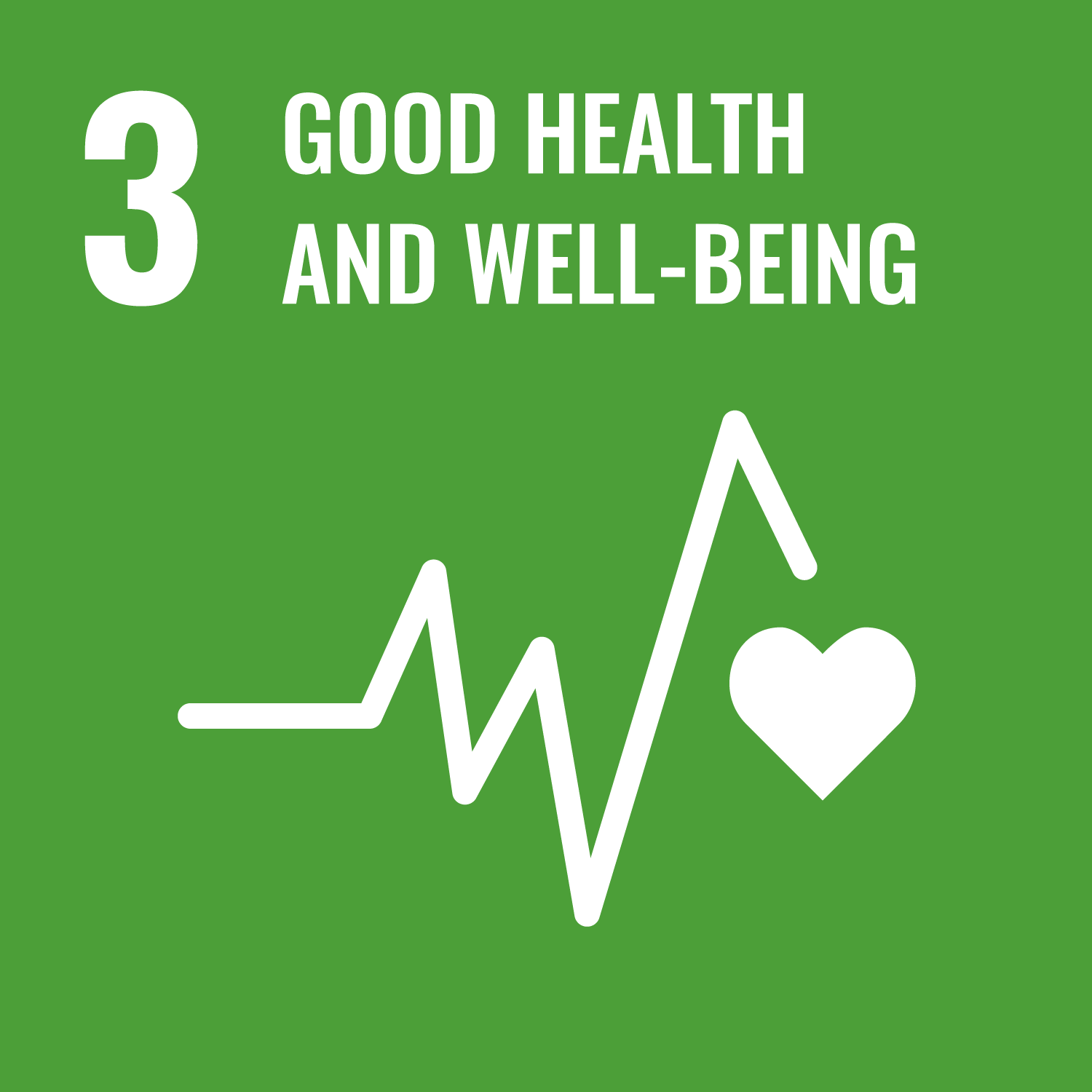Positive Families Partnership
Aligned SDGs


- Positive Families Partnership
- General overview
- Location
- Involved organisations
- Outcome metrics
- Other resources
- Spreadsheet of data
- Positive Families Partnership
- General overview
- Location
- Involved organisations
- Outcome metrics
- Other resources
- Spreadsheet of data
General overview
Stage of development: Complete
Policy sector: Child and family welfare
Date outcomes contract signed: Jun 2017
Start date of service provision: Feb 2018
Anticipated completion date: Dec 2023
Actual completion date: Aug 2023
Capital raised (minimum): GBP 4.50m (USD 6m)
Max potential outcome payment: GBP 10m
Intervention
The intervention carries out two therapeutic services: multisystemic therapy (MST) and functional family therapy (FFT). Both therapies involve working closely with families, coaching them to deal with difficult behavior. In MST, each therapist has a caseload of four families who they'll see at least three times a week, a 24-hour support line is also available for parents. FFT is usually delivered by qualified family therapists and is used when the need for intervention is less urgent. Both aim to help parents cope more effectively on their own. Often the goals are simple, such as making sure children come home at a reasonable time or improve school attendance. Parents are encouraged to spend positive time with their children, taking them to the cinema or for walks in the park.
Target population
Young people aged 10 - 17 involved in serious antisocial behavior and/or substance misuse, who have been identified as being at risk of going into care.
Location
Country
- United Kingdom
Service delivery locations
- London, UK
Involved organisations
- The National Lottery Community Fund
- London Borough of Hounslow
- London Borough of Sutton
- London Borough of Tower Hamlets
- London Borough of Bexley
- London Borough of Merton
- London Borough of Newham
- London Borough of Haringey
- London Borough of Barking and Dagenham
- London Borough of Kingston
- London Borough of Richmond upon Thames
Outcome metrics
- Young person stays out of care. Payment for every seven consecutive days the child is out of care over a two-year period.
- Increased school attendance.
- Increase in prosocial behaviour.
- Reduction in antisocial and criminal behaviour.
Other resources
Spreadsheet of data
Important Notice and Disclaimer on INDIGO Data
INDIGO data are shared for research and policy analysis purposes. INDIGO data can be used to support a range of insights, for example, to understand the social outcomes that projects aim to improve, the network of organisations across projects, trends, scales, timelines and summary information. The collaborative system by which we collect, process, and share data is designed to advance data-sharing norms, harmonise data definitions and improve data use. These data are NOT shared for auditing, investment, or legal purposes. Please independently verify any data that you might use in decision making. We provide no guarantees or assurances as to the quality of these data. Data may be inaccurate, incomplete, inconsistent, and/or not current for various reasons: INDIGO is a collaborative and iterative initiative that mostly relies on projects all over the world volunteering to share their data. We have a system for processing information and try to attribute data to named sources, but we do not audit, cross-check, or verify all information provided to us. It takes time and resources to share data, which may not have been included in a project’s budget. Many of the projects are ongoing and timely updates may not be available. Different people may have different interpretations of data items and definitions. Even when data are high quality, interpretation or generalisation to different contexts may not be possible and/or requires additional information and/or expertise. Help us improve our data quality: email us at indigo@bsg.ox.ac.uk if you have data on new projects, changes or performance updates on current projects, clarifications or corrections on our data, and/or confidentiality or sensitivity notices. Please also give input via the INDIGO Data Definitions Improvement Tool and INDIGO Feedback Questionnaire.